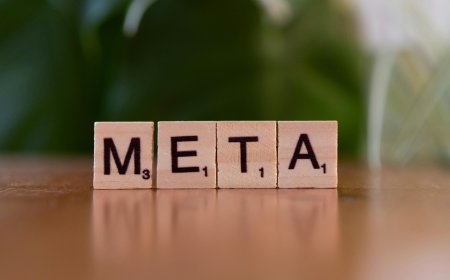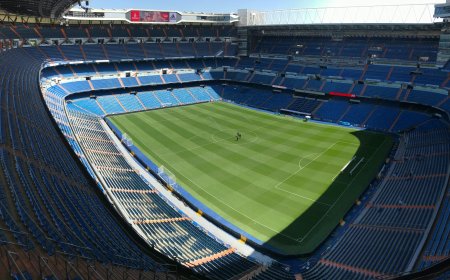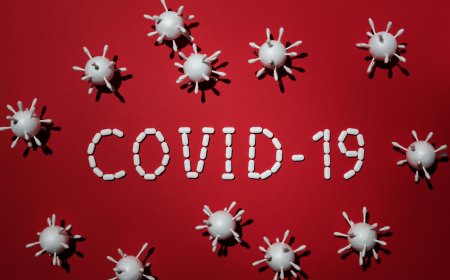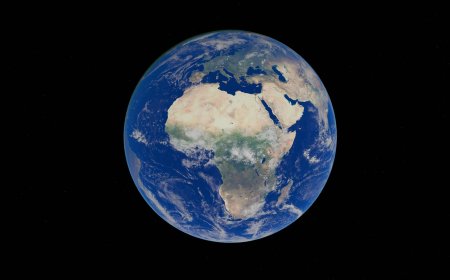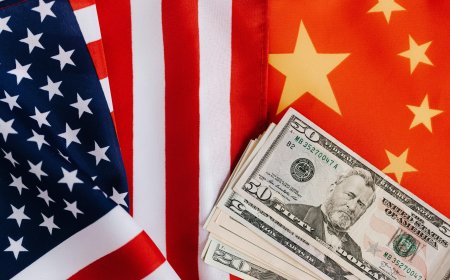10 Scientific Discoveries That Changed Humanity
From fire to DNA, explore the scientific breakthroughs that reshaped human history and defined our modern world.
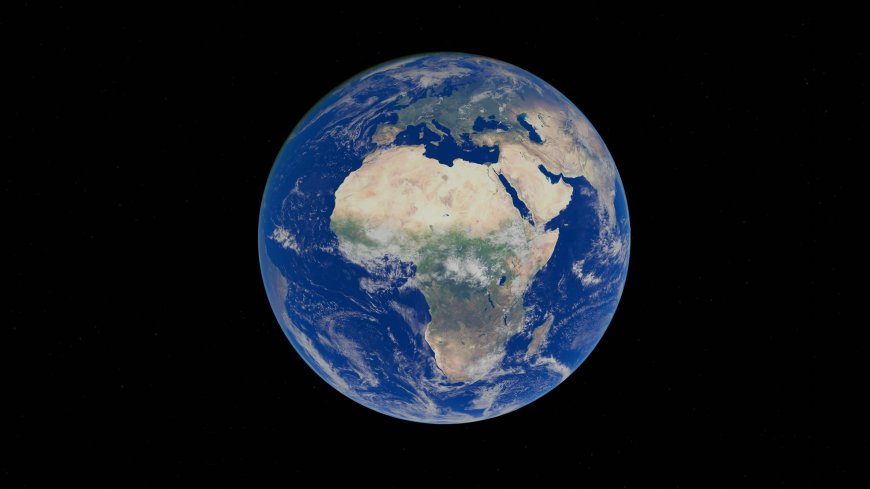
Science is the story of humanity’s curiosity. From the first spark of fire to the decoding of DNA, each discovery has not only explained the universe but also transformed how we live, think, and interact. These breakthroughs are not just milestones in laboratories; they are turning points in the story of civilization.
Here are the scientific discoveries that changed humanity forever.
1. Fire: The First Discovery That Defined Humanity
Long before written history, humans learned to harness fire. It was not just about warmth—it was survival.
Why It Matters
- Allowed cooking, improving nutrition and brain development.
- Provided protection against predators.
- Enabled migration to colder climates.
Fire was the first technology, and with it, humans separated from the animal kingdom.
2. The Wheel: Engineering in Motion
Though often seen as an invention rather than a discovery, the wheel was rooted in understanding mechanics. Emerging around 3500 BCE in Mesopotamia, it revolutionized transport and trade.
Impacts
- Enabled agriculture through carts and plows.
- Facilitated cultural exchange via trade routes.
- Laid foundations for modern engineering and machinery.
The wheel was less about rolling objects and more about setting civilization in motion.
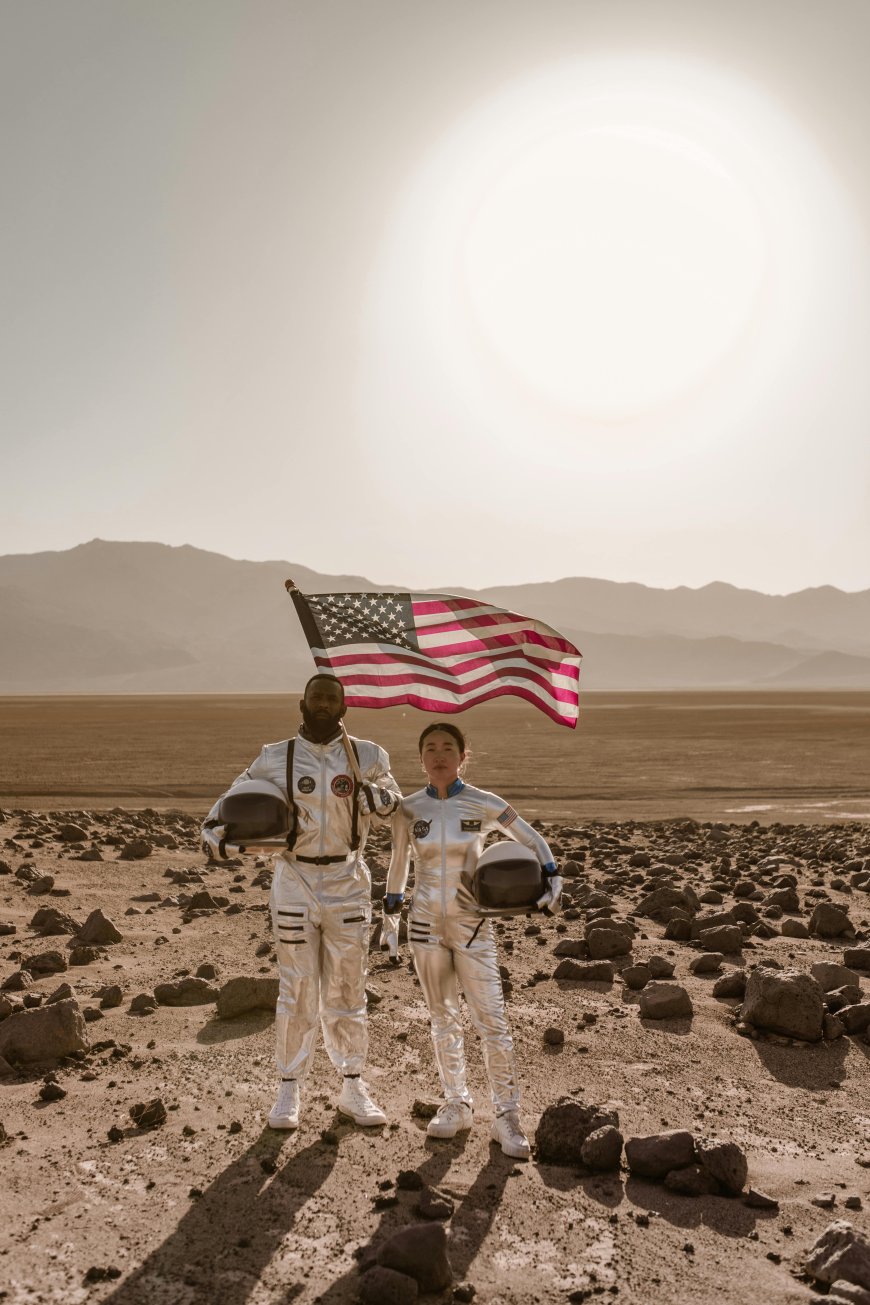
3. Gravity: Newton’s Insight into the Universe
When Isaac Newton saw an apple fall, he realized it was not a random event but a universal law. His law of gravity (1687) revealed that the same force holding us to Earth governs the motion of planets.
Key Consequences
- Unified terrestrial and celestial physics.
- Enabled precise navigation and astronomy.
- Laid groundwork for modern physics and space exploration.
Newton showed that the universe was not chaos—it was governed by laws.
4. Germ Theory: The Hidden World of Disease
For centuries, disease was blamed on “bad air” or divine punishment. Then Louis Pasteur and Robert Koch revealed microbes as the true culprits.
Transformations
- Led to vaccines, antibiotics, and sterilization.
- Reduced infant mortality and extended life expectancy.
- Revolutionized medicine, sanitation, and public health.
Germ theory turned invisible killers into preventable problems.
5. Electricity: Harnessing Invisible Power
From Benjamin Franklin’s experiments to Michael Faraday’s discoveries, electricity moved from curiosity to cornerstone of modern life.
Global Impacts
- Powered the Industrial Revolution’s second phase.
- Created lighting, communication, and modern energy grids.
- Enabled computing, electronics, and today’s digital world.
Electricity transformed nights into days and villages into cities.

6. Evolution: Darwin’s Dangerous Idea
In 1859, Charles Darwin published On the Origin of Species, arguing that all life evolved through natural selection. It was revolutionary—and controversial.
Legacies
- Reframed humanity’s place in nature.
- Advanced biology, genetics, and anthropology.
- Challenged religious and cultural assumptions.
Darwin gave us not just science, but a new lens to understand ourselves.
7. DNA and the Double Helix
In 1953, James Watson and Francis Crick, building on Rosalind Franklin’s X-ray images, unveiled DNA’s double helix.
Why It Changed Everything
- Decoded the blueprint of life.
- Enabled genetic engineering, forensic science, and personalized medicine.
- Opened debates on ethics, cloning, and biotechnology.
Today, entire genomes can be read in hours—an unimaginable leap from 1953.
8. Penicillin: The Accidental Miracle
In 1928, Alexander Fleming noticed a mold killing bacteria in his Petri dish. It became penicillin, the first antibiotic.
Impacts
- Turned fatal infections into curable conditions.
- Saved millions of lives in World War II.
- Sparked the modern pharmaceutical industry.
Penicillin marked the dawn of medicine’s most powerful era.
9. The Internet: A Digital Revolution
What began as a U.S. military research project (ARPANET) in the 1960s became the most transformative communication tool in history.
Global Impact
- Connected billions across the planet.
- Created new economies—e-commerce, social media, AI.
- Democratized knowledge but also spread misinformation.
The internet is both humanity’s greatest library and its loudest marketplace.
10. Artificial Intelligence: The New Frontier
Once science fiction, AI is now reality—powering smartphones, medical diagnostics, finance, and even art.
Why It Matters
- Automates industries, reshaping economies.
- Transforms medicine, from early cancer detection to drug design.
- Raises ethical questions on privacy, jobs, and control.
AI is still unfolding, but like fire and electricity, it may redefine what it means to be human.
Beyond Discovery: The Human Story
Each scientific breakthrough is more than a fact; it is a story of courage, error, persistence, and sometimes chance. From Fleming’s forgotten Petri dish to Franklin’s X-ray photograph, science advances through both brilliance and accident.
Yet, every discovery carries responsibility. Nuclear physics gave us both energy and the atomic bomb. AI offers both medical miracles and surveillance states.
Science changes humanity, but it also tests humanity.
Conclusion: Knowledge as Power
From fire to AI, the arc of discovery is the arc of civilization itself. These breakthroughs remind us that knowledge is the most powerful tool we possess. But they also ask: will we use it to build—or to destroy?
As humanity stands on the cusp of new frontiers—quantum computing, space colonization, genetic editing—the next discovery may once again redefine what it means to be human.
FAQs
Q1: What is considered the most important scientific discovery?
A1: Many argue fire or electricity, but DNA and the internet rank equally transformative for modern society.
Q2: How has germ theory changed the world?
A2: It shifted medicine from superstition to science, saving billions of lives.
Q3: Why is Darwin’s theory still debated?
A3: Because it challenges traditional beliefs about creation and human uniqueness.
Q4: What discovery impacts us most daily?
A4: Electricity and the internet power nearly every modern activity.
Q5: What might be the next big discovery?
A5: Likely in quantum computing, AI, or gene editing—fields that could again change life as we know it.
What's Your Reaction?
 Like
0
Like
0
 Dislike
0
Dislike
0
 Love
0
Love
0
 Funny
0
Funny
0
 Angry
0
Angry
0
 Sad
0
Sad
0
 Wow
0
Wow
0

























